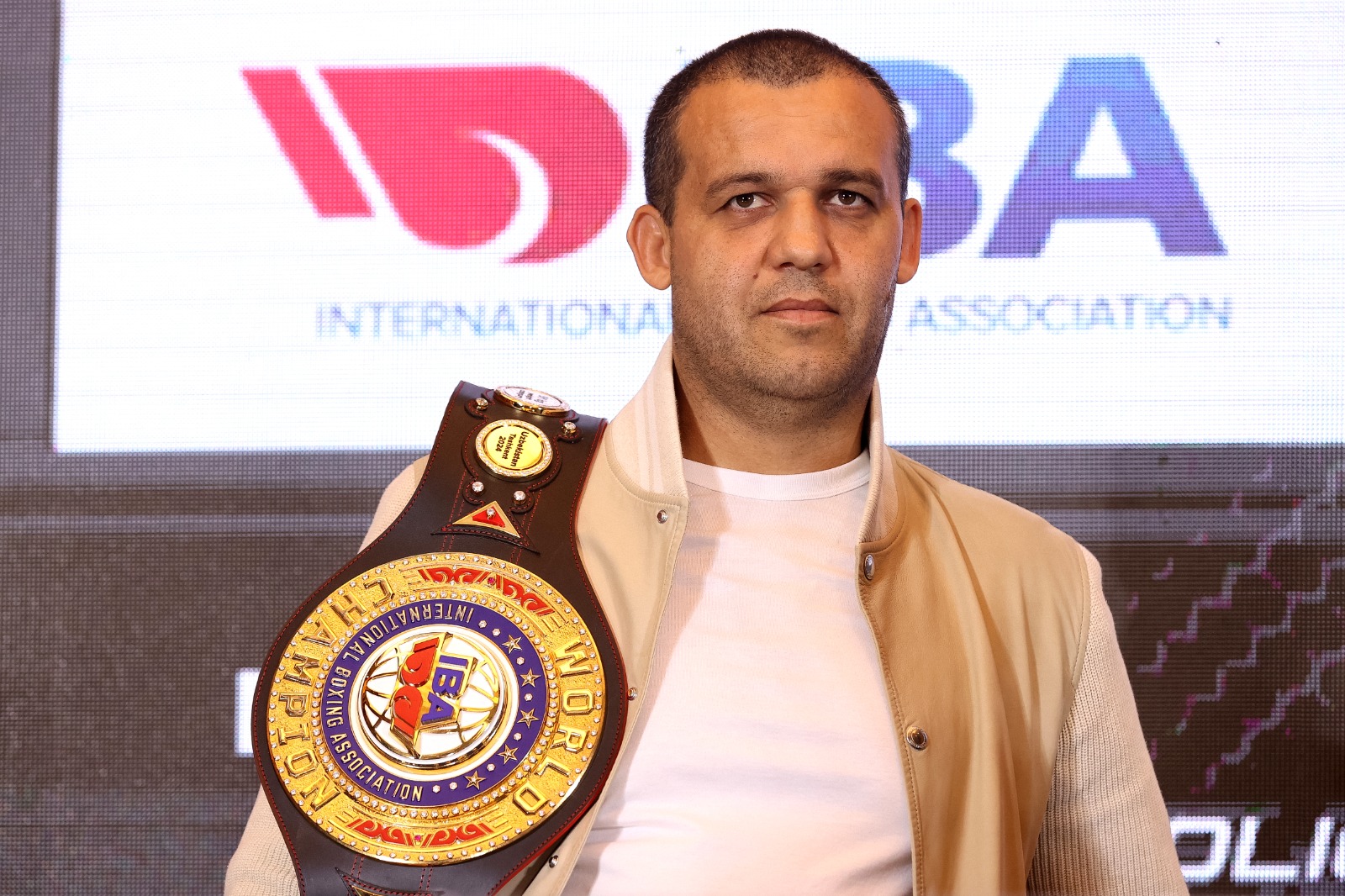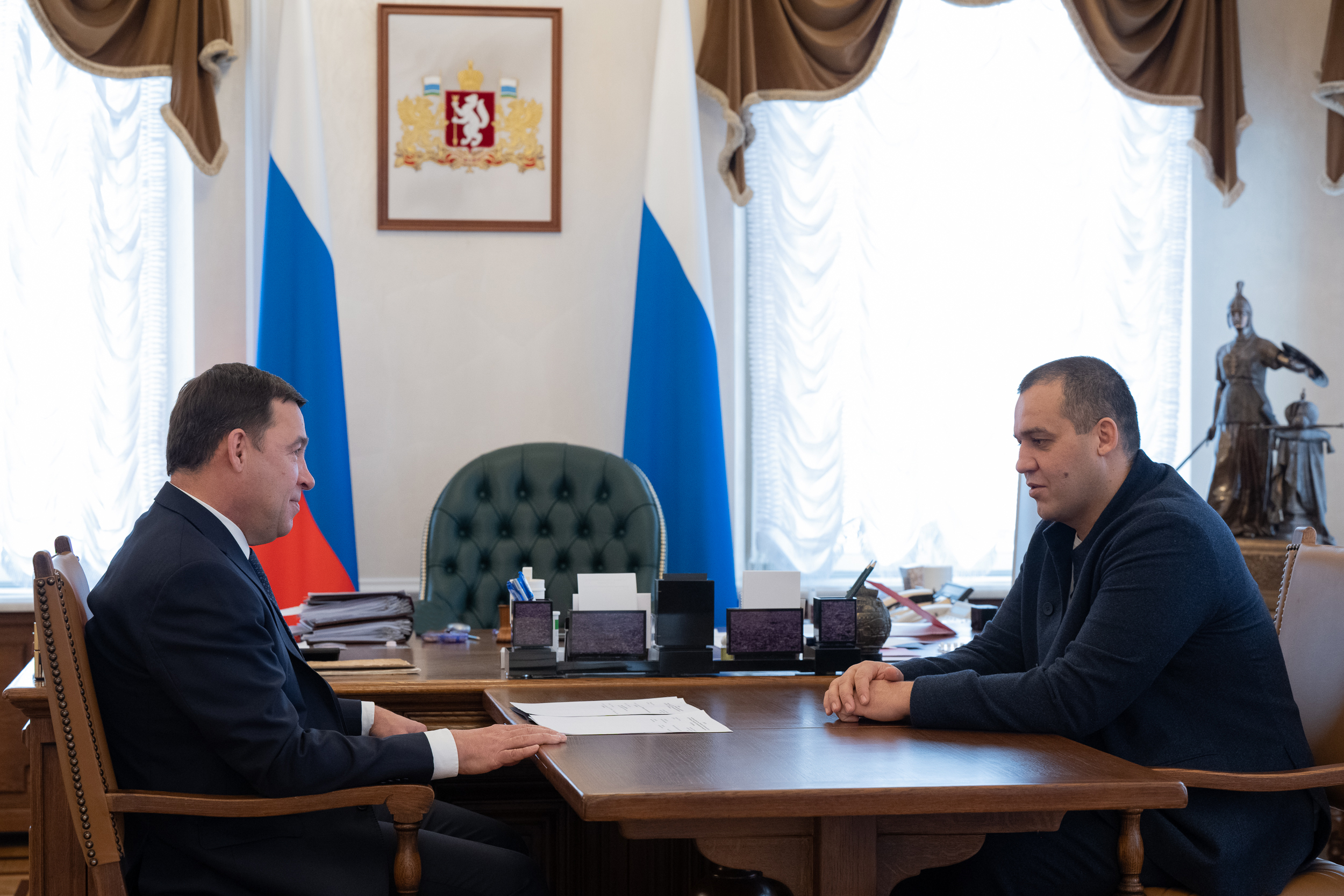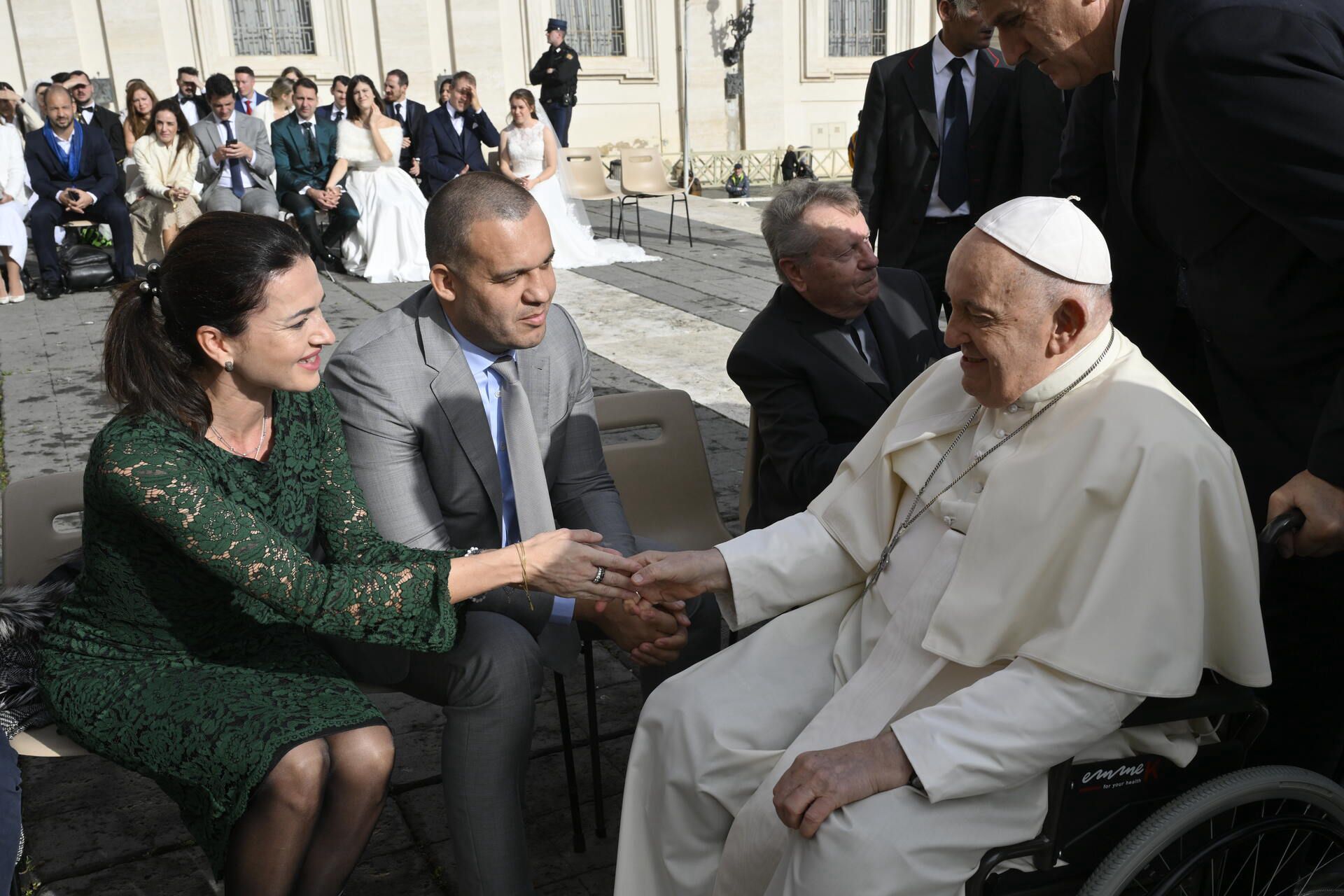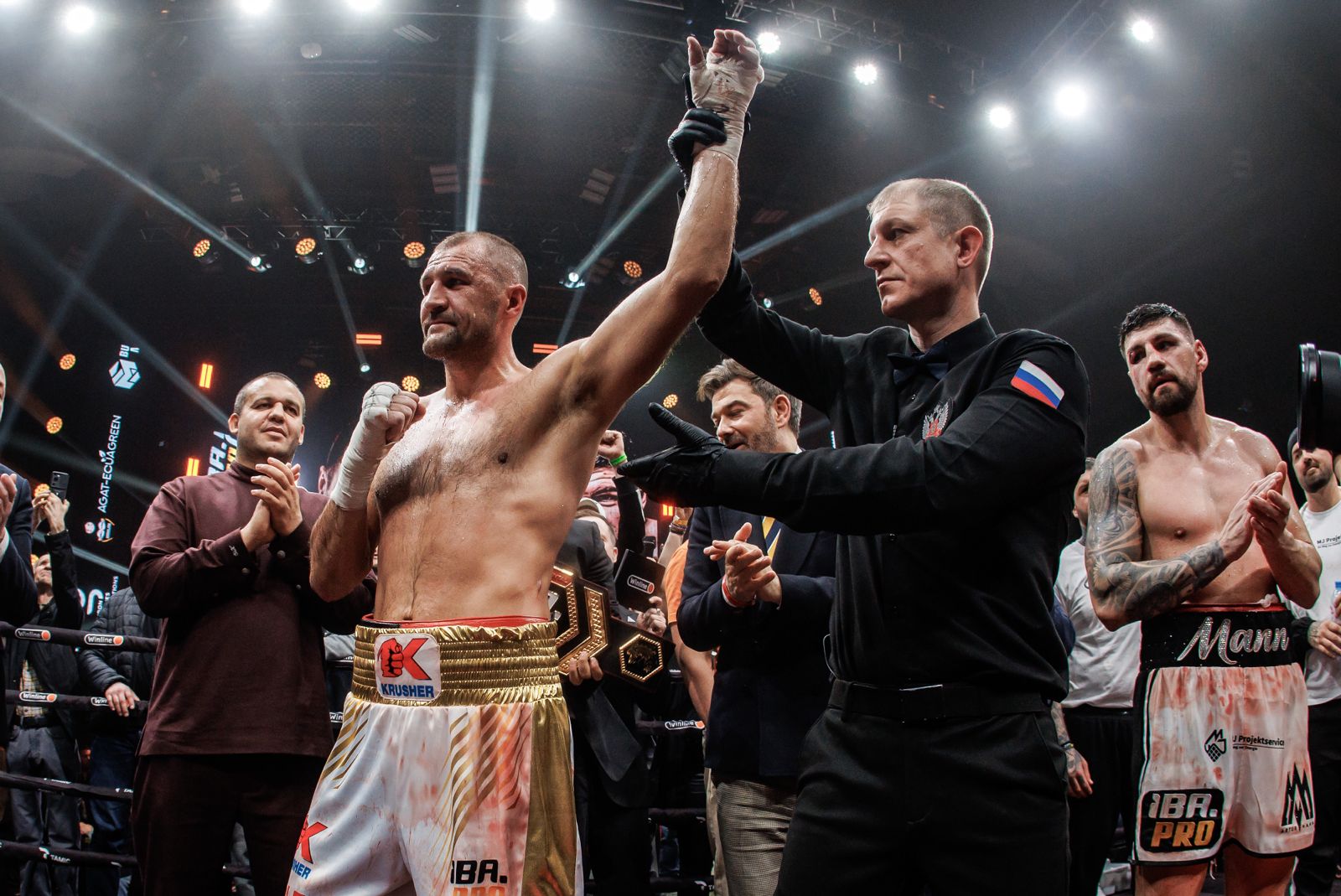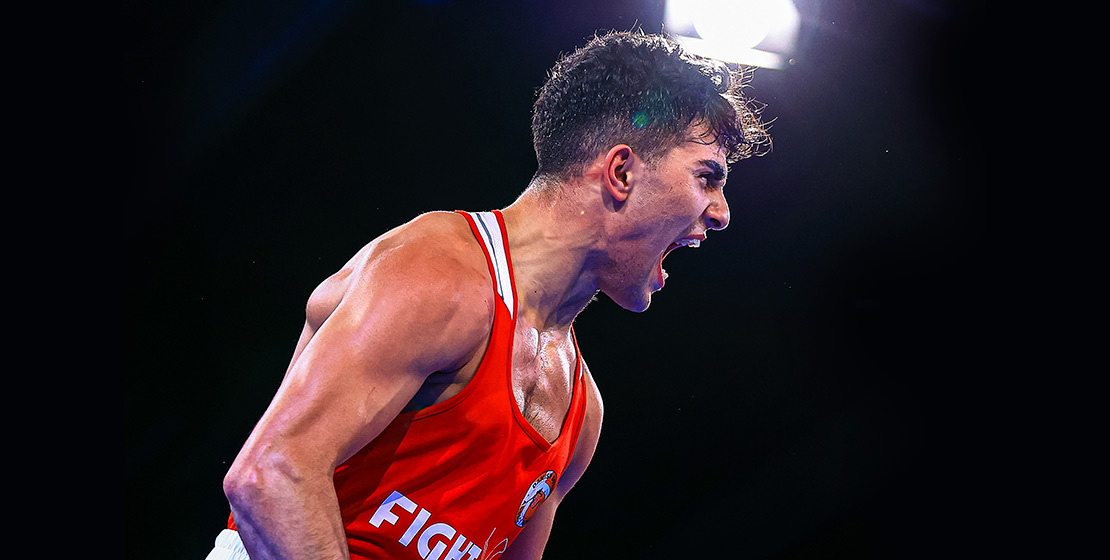Big-punching Nojim Maiyegun will be remembered for eternity
September 2nd, 2024 / AFBC, African Corner
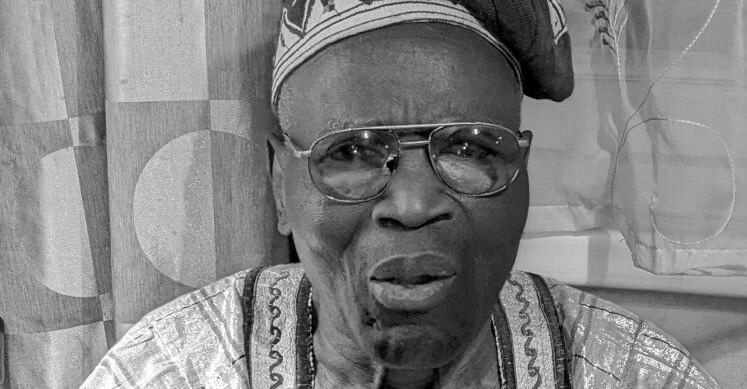
Nojim Maiyegun, the first Nigerian to win an Olympic medal, passed away on 26 August 2024 in Austria at the age of 83
________
A 23-year-old Nigerian boxer was in a vicious mood at the 1964 Olympic Games in Tokyo, Japan.
He received a bye to the second round and showed his hunger for success by using only one minute and 59 seconds of the first round to stop Britain’s William Robinson in the light-middleweight weight division.
With that win, he powered his way to the quarter-finals. The big-punching Nigerian unleashed a relentless two-fisted barrage on Denmark’s Tom Bogs whom he stopped in just 58 seconds of the first round.
Excitement was all over Nigeria’s team in Tokyo in 1964. They were now assured of their first-ever Olympic medal since making their debut at the Olympic Games1952 in Helsinki.
Do you know who’s this history-making Nigerian boxer?
He’s none other than the great Nojim Maiyegun who won Nigeria’s first Olympic medal after losing 3-2 in the semi-finals to Joseph Gonzales of France in a closely contested bout during which two judges gave the win to the Nigeria side.
Encouragingly, Maiyegun was one of the three African boxers who won bronze medals at the Tokyo 1964 Olympics.
The other two were Ghana’s Eddie Blay and Tunisia’s Habib Galhia, both in the light-welterweight division.
Nigeria, Ghana, and Tunisia shared the 10th position with seven other countries, a feat of no mean achievement for Africa at the time.
‘I was too excited to realize I was the first Nigerian to win an Olympic medal,’ Maiyegun used to say.
Soviet Union’s Boris Lagutin won the gold medal after outpointing Maiyegun’s conqueror in the semi-finals, Frenchman Joseph Gonzales who returned home with a silver medal. Poland’s Josef Grzesiak won the other bronze medal in the weight category
Maiyegun was given a heroes’ welcome on his return home by excited Nigerians.
As if that was not enough, Maiyegun won another bronze medal at the Commonwealth Games 1966 in Jamaica to stamp his authority as a force to be reckoned with in the ring.
The civil war in Nigeria interrupted Maiyegun’s boxing career. He found himself playing a different role in the war as a physical trainer for the Nigerian Navy, and in 1971 after the civil war, he relocated to Austria intending to turn professional. Berlin, Germany was his first stop, where he took part in several bouts before landing in Austria in 1972.
Last week, Mauyegun passed away. As Nigerians and Africa as a whole mourn the brave boxer who possessed a deadly left punch, he will be remembered for eternity as the one who opened the way for the West African nation in the Olympic Games with his precious bronze medal in Tokyo 1964.
He was bold and ferocious in the ring, characteristics which propelled him to throw caution to the wind to venture into the bare-chested game in a land where he had no relatives or friends.
Maiyegun made his professional debut on 2 April 1971 against experienced Gerard Cola from France with a record of nine wins, two losses and five draws, and had been fighting as a pro boxer since 1967. He was no match for Maiyegun who knocked him out in the first round of a scheduled eight-round fight.
Pitted against Britain’s Frank Young (17-6-1) in his second fight, Maiyegun won on points to make his intentions in pro boxing known. He won his first four fights, losing thrice in the fifth, sixth and eighth fights.
After his third loss, Maiyegun remained unbeaten in seven fights until he met Italian Domenico Tiberia for a world middleweight title fight on 11 December 1973.
By then he was gradually losing his sight. He however stood his ground until the 10th round, losing on points to the Italian after which the partially blind Maiyegun wept knowing he would never fight again. He quit with a record of 12 wins including 10 knockouts and four losses without a KO.
At his peak, Maiyegun was a dreaded fighter in Austria. A cartoon in an Austrian newspaper depicted his gloved hands as guns, a message that meant his punches were indeed like a powder keg that exploded on his opponents.
On stepping out of the ring he became a janitor and street cleaner relying on his friends to assist him. He worked for 28 years before retiring to a quiet life in Austria, fuelling speculation that he was leading a lonely life in the country, and should instead return home to Nigeria but what held him back was how he would be received and who would take good care of him now that he was blind.
Despite his virtual impairment, Lady Luck smiled at Maiyegun. Indeed love is blind as he met an Austrian woman, Rudolfine Funmilayo, who accepted to be his wife until he passed on last week.
It was Rudolfine who announced the death of his Nigerian partner in a post on Facebook: ‘My Jimlein died today. I can’t say more about this right now because it’s just horrible. The day after tomorrow we would have been together for 17 years.’
Maiyegun, nicknamed Omo Oloja by his Nigerian fans when he became a boxer, was born on 21 February 1941 in Lagos to Muibi and Fallilat Maiyegun.
How did he get involved with boxing?
‘I was just 16 years old when I first knew about boxing. It started when I went to fetch water at Bamgbose in Lagos,’ recalled Maiyegun in various past interviews with Nigerian media.
‘There was a boy who bullied everyone at the public tap, he used to beat me a lot, later I was told he was a trained boxer. I sought out Bonny Ade who secretly trained me for six months until I was now ready to face the boy and beat him up thoroughly at the tap.’
Although his parents were against his involvement in boxing and punished him several times, he was undeterred by his newfound love for the two-fisted combat sport.
After his secondary education, he got seriously into boxing to keep himself busy. Soon he showed his ability to succeed as a boxer and was called up to the Nigerian national team.
In his first international fight in 1960 in Accra, he beat Ghana’s Joe Blackey, and went on to win a medal in the Independence celebration tournament 1960. Two years later, he was in his maiden flight heading to Cairo, hosts of the inaugural African Boxing Championships in 1962.
That marked the beginning of his rise to stardom until he made history at the Tokyo Olympics in 1964.
By then he was married to Asibi from Niger State, and the couple had three sons, Lateef, Lamidi, Abidemi, and a daughter named Bose. Asibi was understood to be Maiyegun’s staunch supporter in the ring. However, not much was said about their marriage until he met with his Austrian partner, Rudolfine Funmilayo.
Maiyegun’s success inspired many young Nigerians to take up boxing, aiming to emulate his widely publicised ring exploits.
Ring analysts suggest it will be fitting if a street in Lagos or a boxing facility is named after the celebrated Maiyegun, the ferocious African warrior. Fare Thee Well Nojim Maiyegun.


